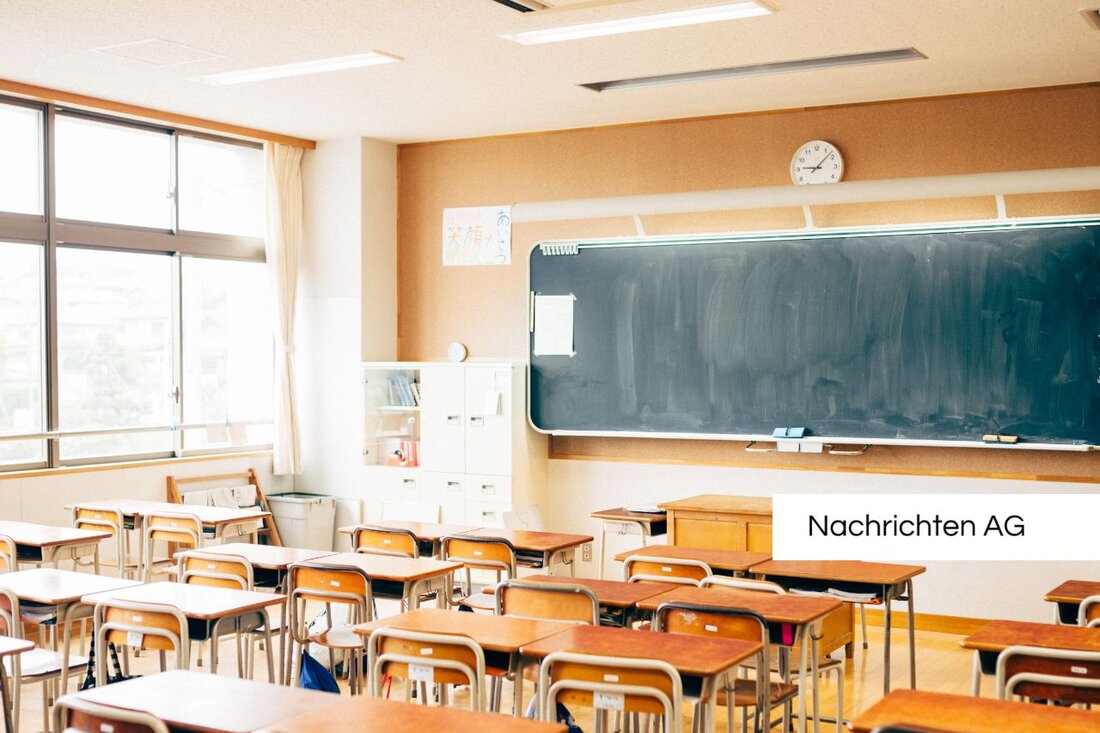Education policy of the NEOS: Lack of teachers and empty promise!
Education policy of the NEOS: Lack of teachers and empty promise!
Wien, Österreich - On June 1, 2025, Hermann Brückl, education spokesman for the FPÖ, criticized the NEOS education policy. In the ORF press hour, he expressed concerns about the reform ideas announced by Minister of Education and emphasized the great discrepancy between these announcements and their actual implementation. Brückl blamed the NEOS for the current acute lack of teachers, who has already led to lessons, overwhelmed teachers and a falling quality of education, especially in metropolitan areas such as Vienna.
A central problem that Brückl spoke is the state of Islamic religious education. About half of the Muslim religion teachers did not complete their training in Austria. Brückl also called for uniform quality standards for religious teachers because he could not recognize any such in the measures of the NEOs. He accused them of surrendering to families unwilling to integrate and criticizing the lack of clear rules and sanction mechanisms, which increases the pressure in the classrooms.
teacher shortage as a central topic
The lack of teachers, however, is not an isolated problem, but affects several countries, including Germany. The lack of teachers in general education schools has been discussed intensively for years. An analysis shows that a quarter to almost a third of elementary school students in mathematics and German do not achieve the minimum standards. This is alarming and underlines the negative effects that has an acute lack of teachers on the educational standards, as [bpb.de] (https://www.bpb.de/themen/sbildung/dossier-bildung/543413/Berrt-und-ausduert-was-hilft- against-teacherlangel/).
The causes are diverse: demographic change, an aging teaching staff, rising number of students and not enough young people who want to study teaching. Elementary schools and vocational schools are particularly affected by an acute defect, since the training paths are often too rigid and access to the teaching degree is made difficult by high demands such as the Numerus Clausus.
necessary reforms in the education system
In order to effectively combat the lack of teachers, various measures are discussed. This includes, among other things, the attitude of transverse entrants, a possible shortening of the school week to four days and an improvement in working conditions for teachers. A positive work environment could help reduce the frustration in schools and reduce the departure of trained teachers. The importance of multi -professional teams and the increase in study places for teaching courses are other points that are highlighted by the GEW in order to counteract the lack of teachers. The lack of teachers is also listed in the analysis of the [educational server] (https://www.bildungserver.de/schule/ Lehrkraeftemangel-in-Deutschland-12997-de.html) as a persistent problem that could continue to increase until 2030.
In summary, it can be said that education policy in Austria and Germany faces major challenges. Brückl's demand for a personnel offensive and concrete reforms could find comparable response in Germany, where the questions about the lack of teachers and educational justice also urgently need to be answered. If no adequate measures are taken, numerous students threaten to not achieve basic educational standards and to endanger the quality of education in the long term.| Details | |
|---|---|
| Ort | Wien, Österreich |
| Quellen | |


Kommentare (0)